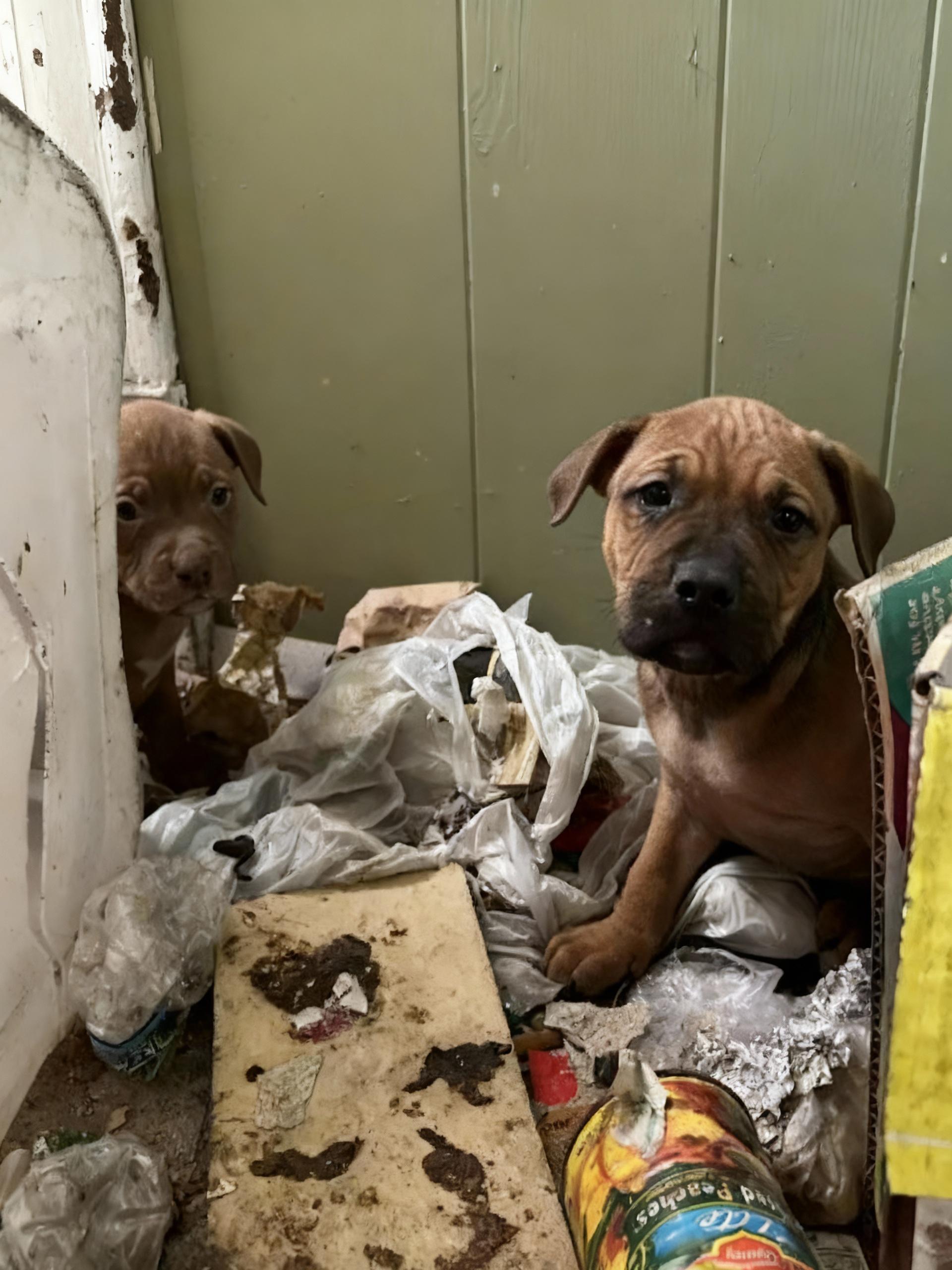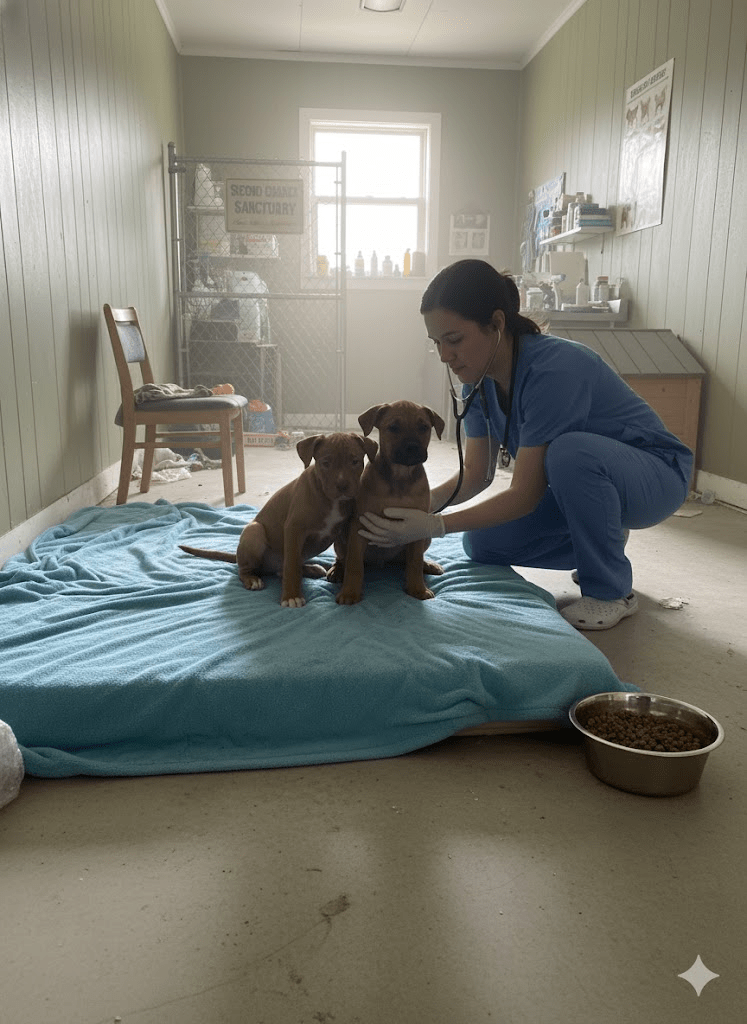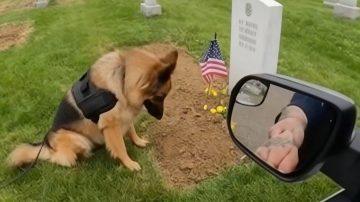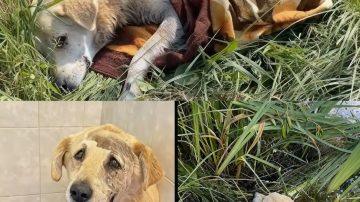The image above serves as a stark and heartbreaking reminder of the silent suffering endured by countless animals. Two young, innocent puppies, their eyes wide with a mixture of fear and curiosity, are seen amidst a distressing scene of squalor and neglect. Surrounded by what appears to be discarded trash, debris, and unsanitary conditions, their vulnerability is palpable. This single photograph encapsulates a pervasive issue that extends far beyond these two individuals—the widespread problem of animal neglect and abandonment. It forces us to confront uncomfortable truths about our responsibilities to the creatures with whom we share our planet and challenges us to look beyond the surface, to the lives that are often hidden from plain sight. The conditions depicted here are not an isolated incident but a microcosm of a larger crisis, a testament to the urgent need for greater awareness, intervention, and compassionate action. This article aims to shed light on the multifaceted dimensions of animal neglect, explore its causes and consequences, and, most importantly, galvanize readers to become part of the solution.

Animal neglect manifests in various forms, ranging from inadequate housing and nutrition to a complete lack of veterinary care and social interaction. It’s not always a deliberate act of cruelty but often stems from ignorance, financial hardship, or an overwhelming inability to cope with the responsibilities of pet ownership. However, regardless of the underlying cause, the impact on the animals is consistently devastating. Neglected animals often suffer from chronic pain, illness, malnutrition, and profound psychological distress. They may develop behavioral issues due to fear and lack of socialization, making it even harder for them to be adopted into loving homes. The ripple effect of neglect extends beyond the individual animal, impacting public health through the spread of disease and contributing to overpopulation in shelters.

Recognizing the signs of neglect is the first crucial step toward intervention. These signs can be subtle or overt, but a keen eye can often detect them. Look for animals that appear emaciated, have matted fur, visible parasites, or untreated injuries. Behavioral indicators such as extreme fear, aggression, or lethargy can also be red flags. An animal kept in unsanitary conditions, without access to clean water or adequate shelter, is also a victim of neglect. It’s important to remember that if you see something, say something. Reporting suspected cases of neglect to local animal control or humane societies is vital. These organizations have the resources and legal authority to investigate and intervene, ensuring the animal’s safety and well-being.

Prevention is always better than cure, and this holds true for animal neglect. Education plays a pivotal role in empowering pet owners with the knowledge and resources they need to provide proper care. Community outreach programs that offer affordable veterinary services, spay/neuter initiatives, and pet care workshops can significantly reduce instances of neglect. Furthermore, promoting responsible pet ownership, which includes understanding the commitment involved in bringing an animal into one’s home, can prevent individuals from acquiring pets they are ill-equipped to care for. Encouraging adoption from reputable shelters and rescues also helps to ensure that animals find homes with individuals prepared to meet their needs.

Animal shelters and rescue organizations are on the front lines of this crisis, working tirelessly to provide refuge, medical care, and rehabilitation for neglected and abandoned animals. These organizations often operate on shoestring budgets, relying heavily on donations, volunteers, and the kindness of strangers. The process of rehabilitating a neglected animal can be long and challenging, requiring extensive medical treatment, behavioral therapy, and a nurturing environment to help them overcome their past trauma. The ultimate goal is always to find these animals loving, permanent homes where they can thrive and experience the joy and security they deserve.







